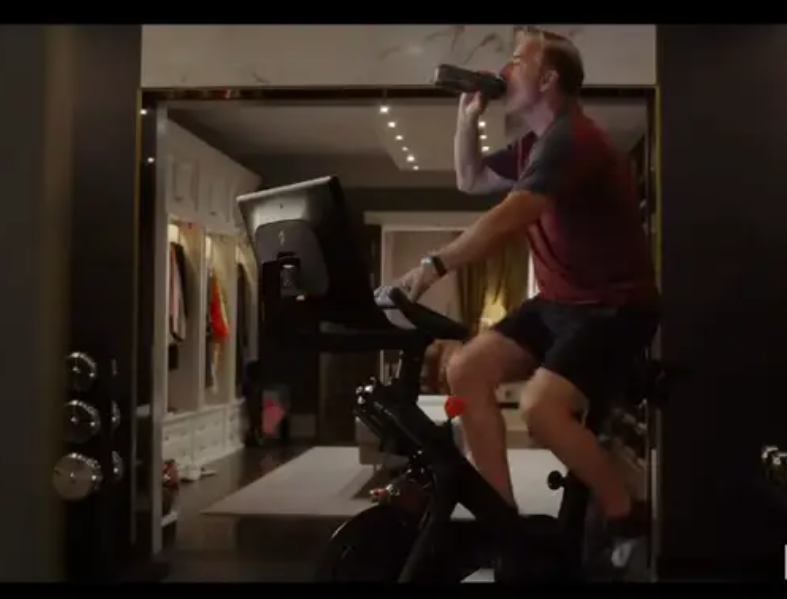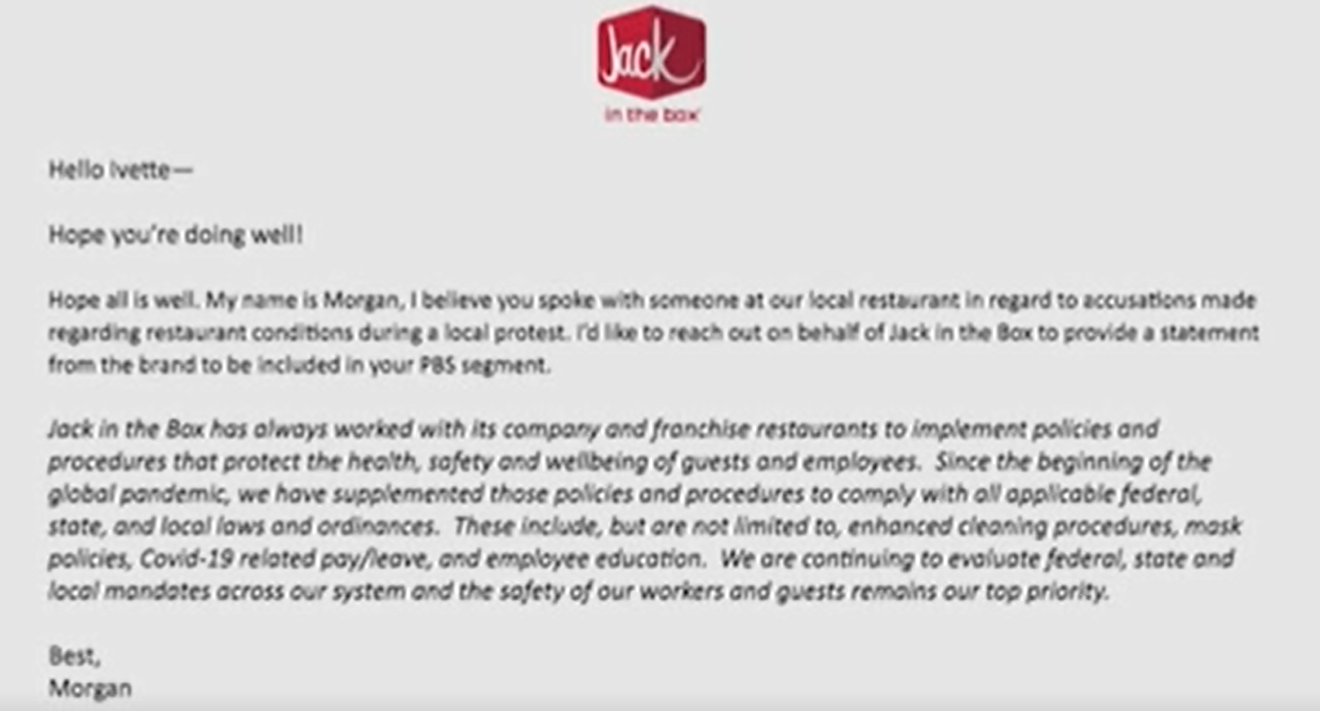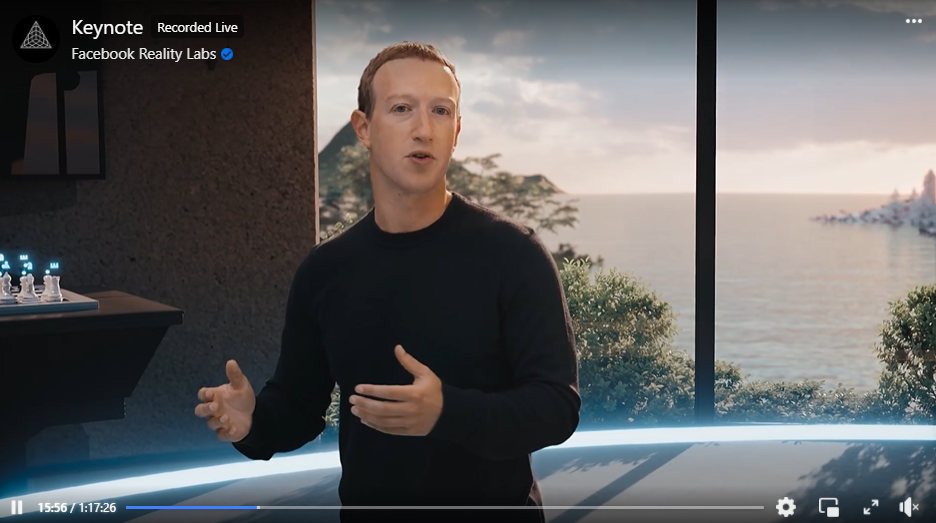Following new allegations against Joe Rogan, Spotify CEO Daniel Ek apologized to staff, yet reinforced his commitment to the podcast host. A video compilation of Rogan using a racial slur caused new criticism and calls for Spotify to take action. Rogan apologized, explaining that some recordings were from many years ago and were taken out of context.
Ek’s statement is addressed to Spotify employees, but of course, the secondary audience is intended to be the public. The message includes Rogan’s decision, apparently in consultation with the Spotify team, to remove 113 episodes. Although Ek writes that the choice was Rogan’s, we don’t know how much pressure he received.
Ek’s note is a good example of a persuasive communication that tries to balance the needs of many stakeholders. He demonstrates compassion to employees, vulnerabiiity in how the situation affects the company, and integrity in his $100 million commitment to artists and in holding firm to what he sees as a core value of the platform. We could see more personal vulnerabiity and authenticity. Unfortunately, leader will never satisfy all parties in this type of situation.
Spotify Team,
There are no words I can say to adequately convey how deeply sorry I am for the way The Joe Rogan Experience controversy continues to impact each of you. Not only are some of Joe Rogan’s comments incredibly hurtful – I want to make clear that they do not represent the values of this company. I know this situation leaves many of you feeling drained, frustrated and unheard.
I think it’s important you’re aware that we’ve had conversations with Joe and his team about some of the content in his show, including his history of using some racially insensitive language. Following these discussions and his own reflections, he chose to remove a number of episodes from Spotify. He also issued his own apology over the weekend.
While I strongly condemn what Joe has said and I agree with his decision to remove past episodes from our platform, I realize some will want more. And I want to make one point very clear – I do not believe that silencing Joe is the answer. We should have clear lines around content and take action when they are crossed, but canceling voices is a slippery slope. Looking at the issue more broadly, it’s critical thinking and open debate that powers real and necessary progress.
Another criticism that I continue to hear from many of you is that it’s not just about The Joe Rogan Experience on Spotify; it comes down to our direct relationship with him. In last week’s Town Hall, I outlined to you that we are not the publisher of JRE. But perception due to our exclusive license implies otherwise. So I’ve been wrestling with how this perception squares with our values.
If we believe in having an open platform as a core value of the company, then we must also believe in elevating all types of creators, including those from underrepresented communities and a diversity of backgrounds. We’ve been doing a great deal of work in this area already but I think we can do even more. So I am committing to an incremental investment of $100 million for the licensing, development, and marketing of music (artists and songwriters) and audio content from historically marginalized groups. This will dramatically increase our efforts in these areas. While some might want us to pursue a different path, I believe that more speech on more issues can be highly effective in improving the status quo and enhancing the conversation altogether.
I deeply regret that you are carrying so much of this burden. I also want to be transparent in setting the expectation that in order to achieve our goal of becoming the global audio platform, these kinds of disputes will be inevitable. For me, I come back to centering on our mission of unlocking the potential of human creativity and enabling more than a billion people to enjoy the work of what we think will be more than 50 million creators. That mission makes these clashes worth the effort.
I’ve told you several times over the last week, but I think it’s critical we listen carefully to one another and consider how we can and should do better. I’ve spent this time having lots of conversations with people inside and outside of Spotify – some have been supportive while others have been incredibly hard, but all of them have made me think.
One of the things I am thinking about is what additional steps we can take to further balance creator expression with user safety. I’ve asked our teams to expand the number of outside experts we consult with on these efforts and look forward to sharing more details.
Your passion for this company and our mission has made a difference in the lives of so many listeners and creators around the world. I hope you won’t lose sight of that. It’s that ability to focus and improve Spotify even on some of our toughest days that has helped us build the platform we have. We have a clear opportunity to learn and grow together from this challenge and I am ready to meet it head on.
I know it is difficult to have these conversations play out so publicly, and I continue to encourage you to reach out to your leaders, your HR partners or me directly if you need support or resources for yourself or your team.
Daniel





















